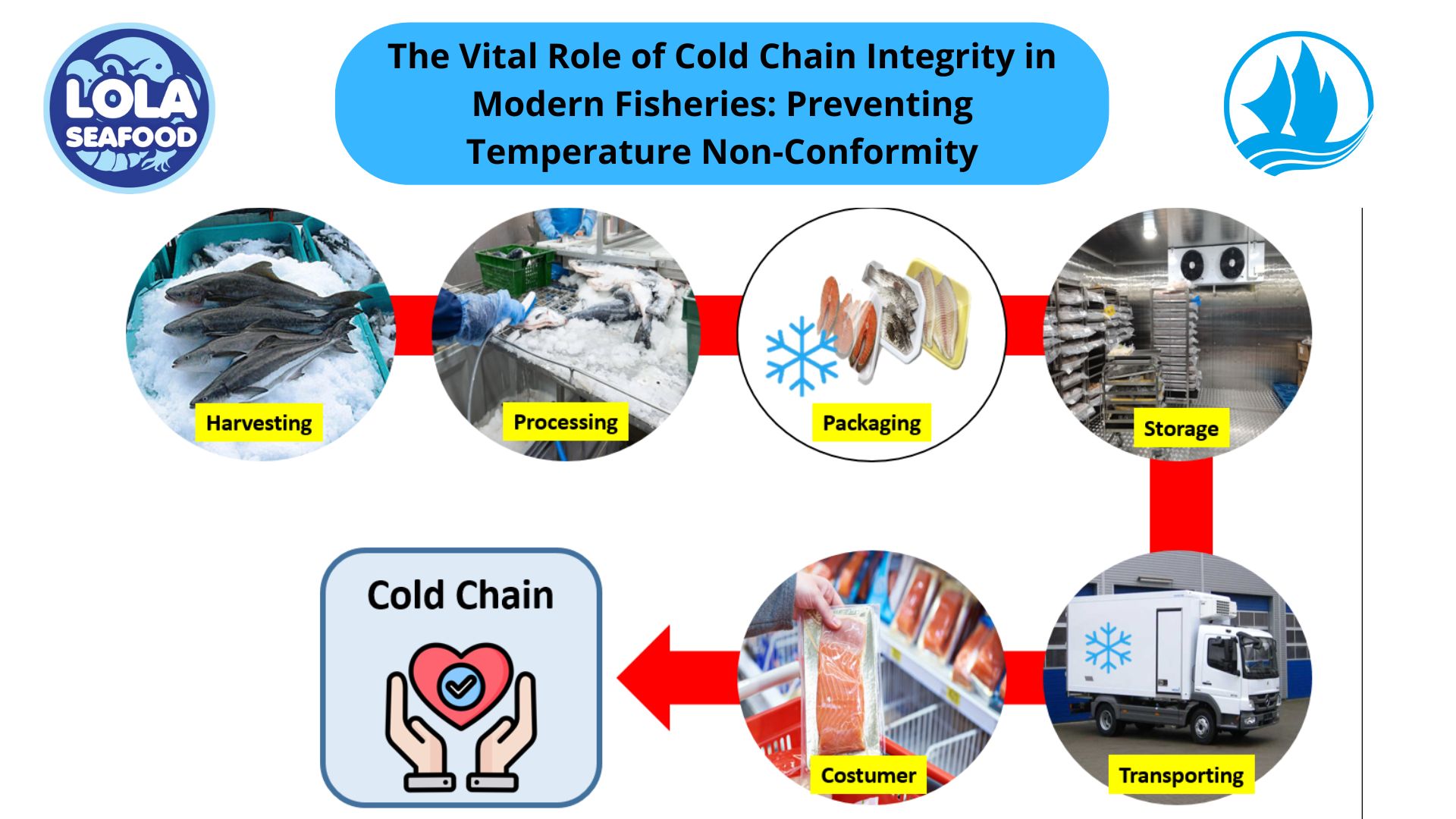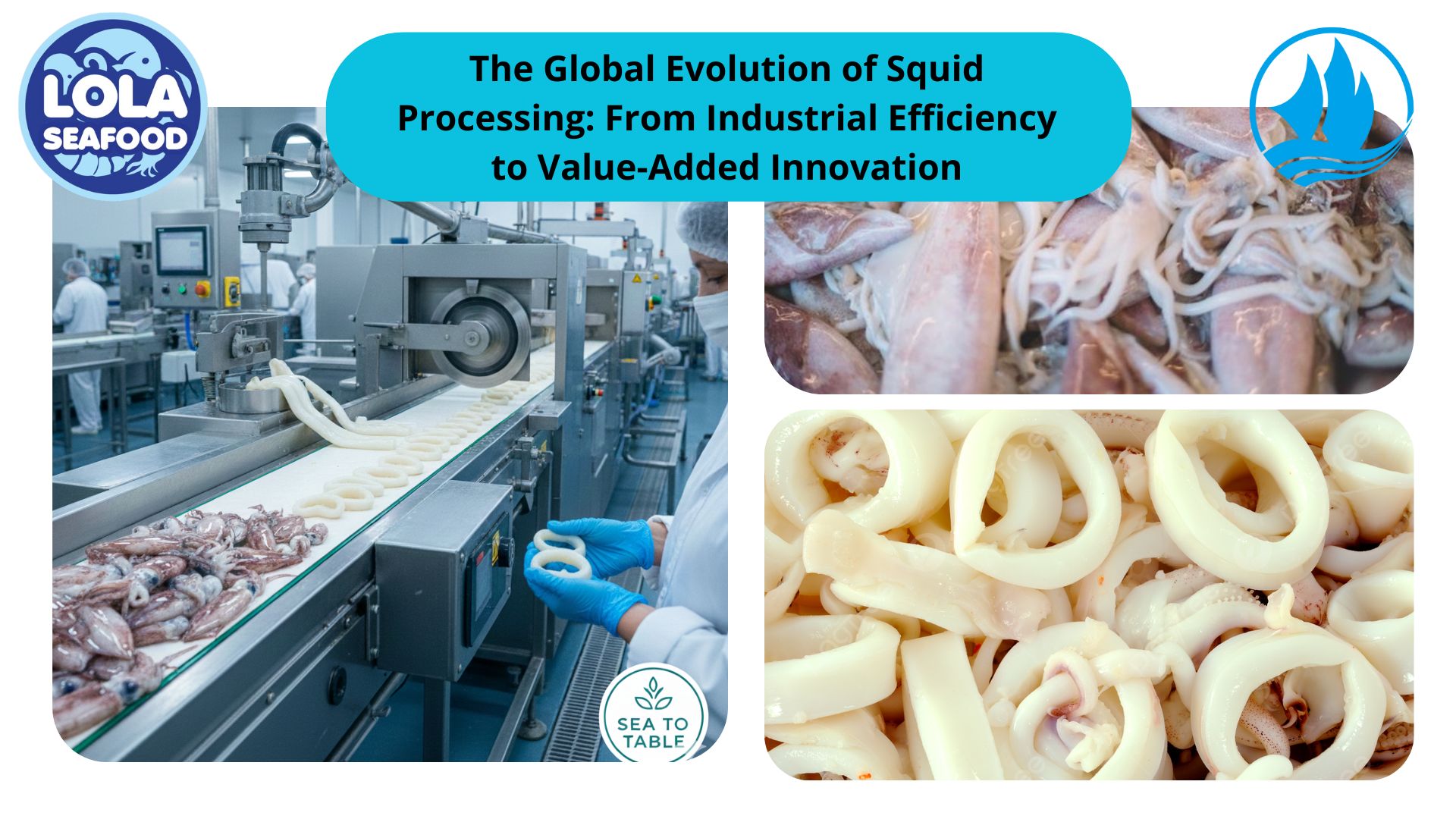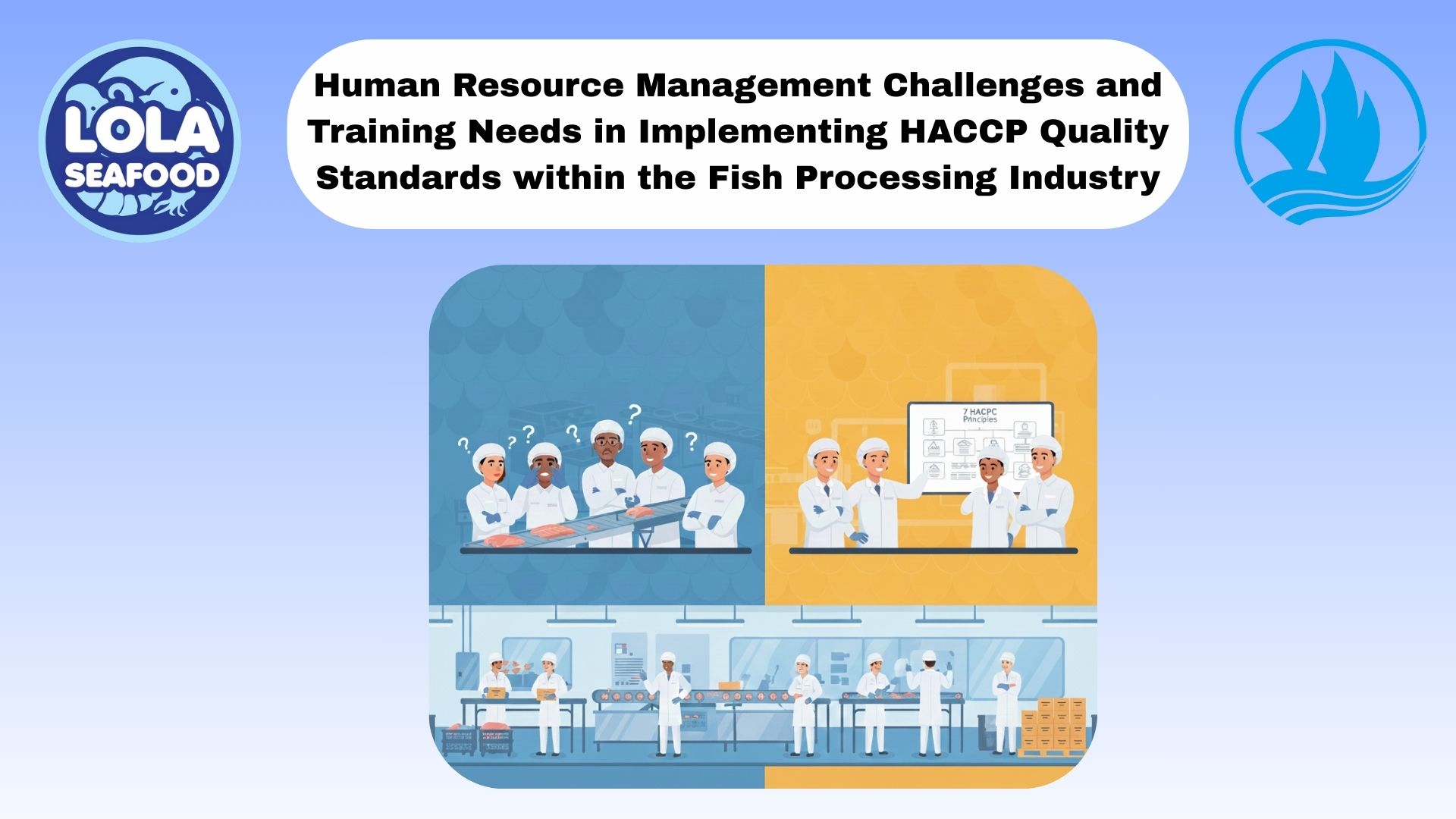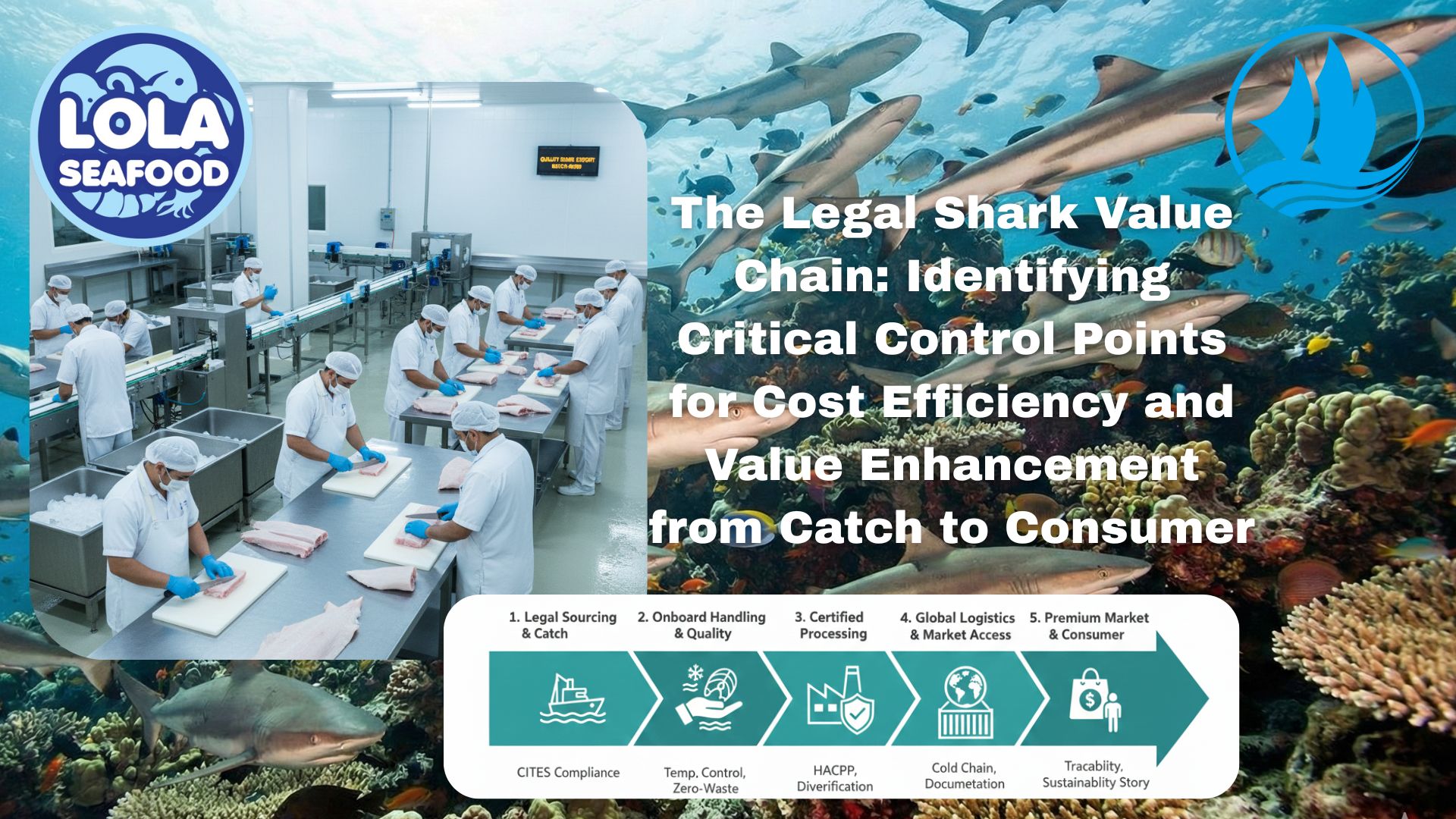FISH ROE
By. Najih - 29 Apr 2024.jpg)
Fish roe is another name for fish eggs. More specifically, it is the fully ripe and unfertilized eggs of a fish. Fish roe is the fully ripe internal egg masses in the ovaries, or the released external egg masses, of fish and certain marine animals such as shrimp, scallop, lobsters, sea urchins and squid. Those eggs can be sourced internally from the ovaries or from an external egg mass.
In many of the Asian countries, fish roeproducts are considered important condiments and are consumed not only as a source of dense nutrients but also as a sign of strong cultural customs from the time immemorial. Fish roes are consumed and enjoyed in fresh or processed forms. Common products are salted or spicy seasoned walleye pollock roe, salted salmon roe, salted herring roe, salted-dried mullet roe, and flying fish roe. Various types of processed foods containing fish roes have been developed, and fish roe products registered as “foods with functional claims” have been established in Japan. The authors are expecting that interdisciplinary studies in near future will add novel health benefits to fish roe products.
Fish roe products have the excellent nutritional characteristics of seafood. Common features of all fish roe products are the highly nutritive protein material rich in essential amino acids and polysaturated fatty acids, indicating fish roe products are health beneficial seafood. Fish roe products are relatively high-cholesterol foods, however, based on the current nutritional findings, it can be concluded that they have no adverse health effects. Fish roe is a highly nutritious food, which contains vitamin B12, minerals, essential fatty acids, amino-acids, phospholipids and carotenoids. Both fresh and processed roe is mostly safe for human consumption. However, fish roe is not suitable for those people who are allergic to fish and shellfish.
.jpg)
The Impact of HACCP-Based Integrated Quality Management Programs on the Quality and Competitiveness of Fresh Demersal Fish Products
 and Employee Productivity on the Demersal Fish Processing Floor.jpg)

.jpg)




